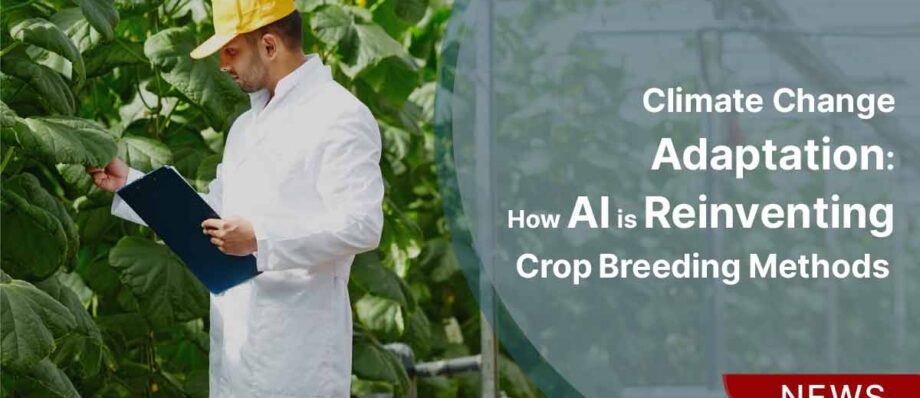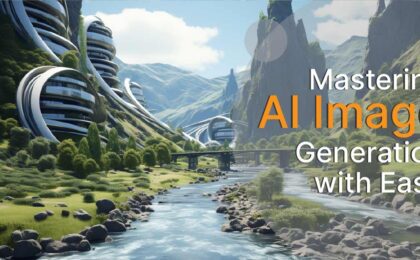Climate Change Adaptation: How AI is Reinventing Crop Breeding Methods?
Simultaneous harvest failures across major crop-producing regions due to extreme climate changes are a threat to global food security.
Jeremy Bunch, CEO of a flour firm, Shepherd’s Grain, based in Idaho worries that climate change might be the number one risk to his company.
To overcome the hurdles caused by the unpredictable weather patterns, Mr. Bunch’s company is now using an AI-powered software called ClimateAI.
- Using data such as satellite imagery, temperature, and rainfall readings combined with future projections, it provides weather forecasts from an hour to half a year ahead.
- It suggests the best time for sowing and harvesting crops and predicts their yields.
- It helps firms to know the performance of specific test seeds in a particular locality, helping companies figure out the optimal locations for cultivation.
- Over 40 farmers of Shepherd’s Grain have used the app since last year.
In Arusha, Tanzania, the International Centre for Tropical Agriculture is leading a project by the name Artemis, which is funded by the Bill and Melinda Gates Foundation.
They aim to breed more resilient crops using phenotyping with the help of Artificial intelligence (AI). Phenotyping is the visual studying of new crop varieties based on the observation of their characteristic features; this has traditionally relied on the human eye, but the same task can be carried out by AI in a much more precise way. Planters involved in the project took photos of their crops and with the help of AI they could quickly analyze complex data, report their findings, and suggest recommendations to reduce the breeding cycle.
Another Agri-Tech business, Avalo, also works on the same task by studying a crop’s genetics with the help of AI. They figure out which genomes are necessary for which traits and create advanced crops. A broccoli that matures in 37 days rather than the standard 45 to 60 days was created in a greenhouse. They are also working with Asian and North American companies to make rice resistant to frost and potatoes tolerant to drought.
With the help of such innovative solutions using AI, new varieties of diverse crops can be developed faster and cost-effectively compared to traditional breeding.


